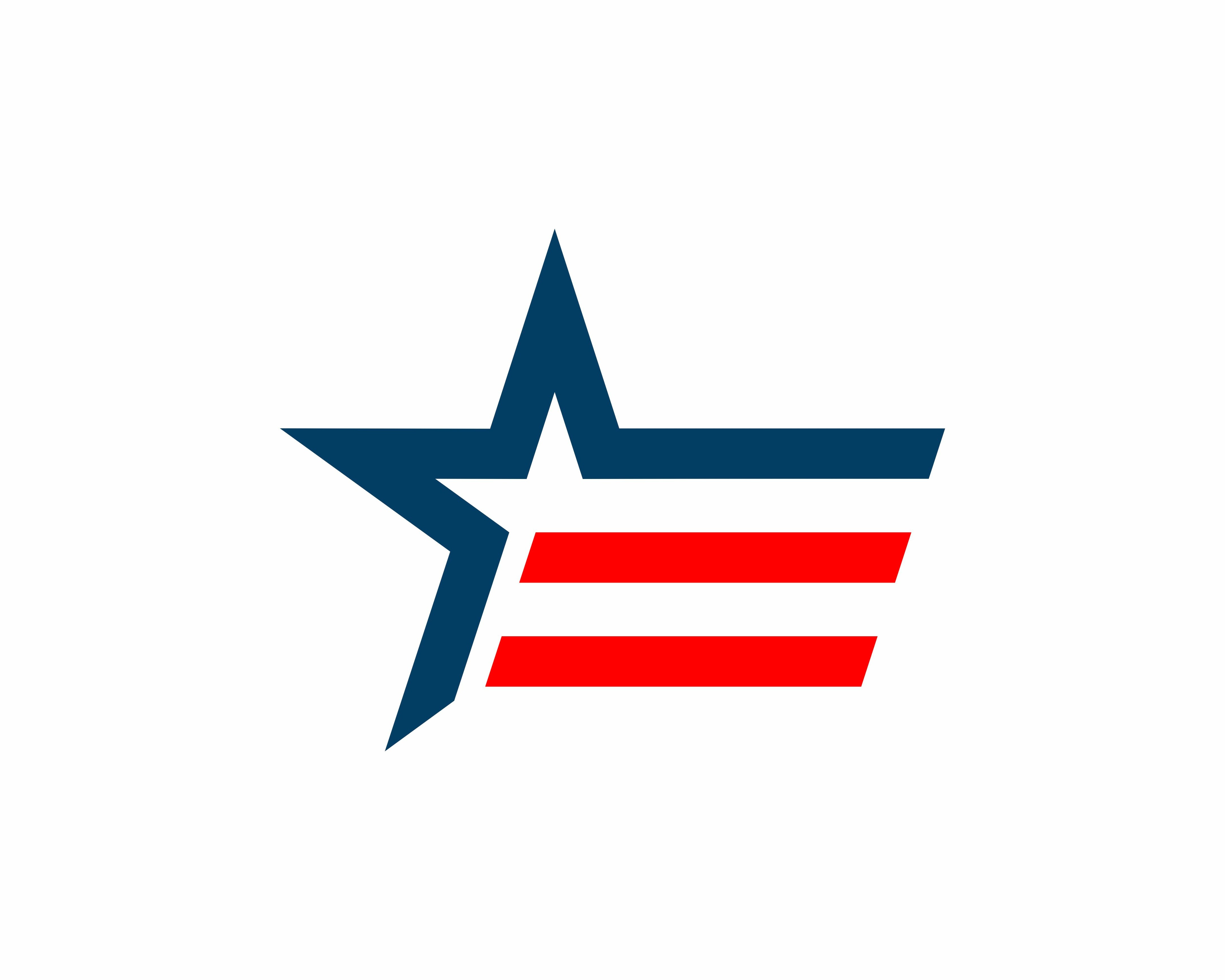
Supplemental Wage Tax: Reporting Tips and Beyond
Mastering Supplemental Wage Tax: A Comprehensive Guide
Navigating the complexities of supplemental wages and their tax implications can be daunting, especially when it comes to accurately reporting tips. Understanding how the Internal Revenue Service (IRS) classifies and taxes these earnings is crucial for both employers and employees to ensure compliance and avoid potential penalties. This guide aims to clarify these complexities and provide actionable insights for effective management of supplemental wages.
Key Takeaways
- Supplemental Wages Defined: Supplemental wages include earnings such as bonuses, commissions, and tips, which are taxed differently from regular wages.
- Tip Classification Matters: Properly distinguishing between tips and service charges is essential, as they have distinct tax reporting requirements.
- Accurate Reporting Is Crucial: Both employers and employees must diligently report supplemental wages through electronic filing to comply with IRS regulations, including those related to disaster tax relief, and avoid penalties.
Understanding Supplemental Wages
Supplemental wages are payments made to an employee that are not regular wages and often involve varied tax rates. According to the IRS, these can include bonuses, commissions, overtime pay, and tips. Each type of supplemental wage may be subject to different withholding rules, making it essential to understand how they are taxed.
Withholding Rates for 2025
For the tax year 2025, the IRS has specified withholding rates for supplemental wages:
- Bonuses and Commissions: These are generally subject to a flat withholding rate. For tax years beginning after 2017 and before 2026, the flat rate is 22%.
- Tips: Tips are considered supplemental wages but have unique reporting and withholding requirements, which we’ll explore further.
The Nuances of Tip Classification
Proper classification of tips is vital, as it affects both taxation and reporting. The IRS distinguishes between tips and service charges, each with different implications.
What Constitutes a Tip?
A payment qualifies as a tip if:
- The payment is made free from compulsion.
- The customer has the unrestricted right to determine the amount.
- The payment is not dictated by employer policy.
- The customer has the right to determine who receives the payment.
For example, if a diner leaves an additional amount on the table for the server at their discretion, this is considered a tip.
Service Charges Are Not Tips
Service charges, such as automatic gratuities added to large parties’ bills, are treated as regular wages, not tips. This distinction is crucial because it determines how these amounts are taxed and reported.
Reporting Responsibilities for Employees
Employees who receive tips have specific obligations to ensure accurate reporting and compliance with tax laws.
Daily Tip Record
Maintaining a daily record of all tips received is essential. This can be done using a tip diary or electronic system provided by the employer. Accurate records help in reporting and substantiating tip income.
Monthly Reporting to Employers
Employees must report cash, check, and credit/debit card tips to their employer by the 10th of the following month if the total tips for any one month exceed $20. This allows employers to withhold the appropriate taxes.
Annual Reporting on Tax Returns
All tips, including those not reported to the employer, must be reported as income on the employee’s annual tax return. Unreported tips are subject to Social Security and Medicare taxes, which the employee must calculate and pay using Form 4137.
Employer Obligations for Supplemental Wage Reporting
Employers also have critical responsibilities when it comes to managing and reporting supplemental wages, including tips. Ensuring compliance involves proper documentation, accurate payroll processes, consideration of current tax rates, and timely tax filings.
Withholding and Reporting Supplemental Wages
- Flat Rate Withholding: For bonuses, commissions, and other supplemental wages, the employer may apply the flat rate of 22% for federal income tax withholding if they are paid separately from regular wages.
- Aggregate Method: If supplemental wages are combined with regular wages in a single paycheck, the withholding is based on the total amount of wages using the employee’s Form W-4 information.
- Social Security and Medicare Taxes: Employers must withhold Social Security and Medicare taxes (FICA) on all wages, including supplemental wages, up to the annual wage limits.
Allocating Tips
For businesses in industries like hospitality, where tipping is common, the IRS requires that total reported tips equal at least 8% of gross receipts. If employees report less, the employer must allocate the difference among employees.
Forms and Filing
Employers must include all supplemental wages on:
- Form W-2 (Wage and Tax Statement): Details all wages, including tips and bonuses, paid to employees.
- Form 941 (Employer’s Quarterly Federal Tax Return): Used to report federal income tax, Social Security, and Medicare taxes withheld from employee paychecks.
Common Pitfalls in Reporting Supplemental Wages and Tips
Navigating the intricacies of supplemental wage reporting can be complex, often leading to common errors that can have significant financial and legal repercussions. Understanding these pitfalls is crucial for both employers and employees to ensure compliance and avoid unnecessary penalties.
- Misclassifying Service Charges as Tips: One of the most frequent mistakes is the misclassification of service charges as tips. Service charges, such as automatic gratuities added to large parties’ bills, are considered regular wages by the IRS and not tips. This distinction is critical because service charges are subject to different tax withholding, tax rates, and reporting requirements. Misclassifying these amounts can lead to incorrect tax filings, resulting in potential audits and penalties. Employers must ensure that their payroll systems accurately differentiate between tips and service charges to maintain compliance.
- Failing to Report Allocated Tips: In industries like hospitality, where tipping is prevalent, the IRS mandates that total reported tips should equal at least 8% of gross receipts. When employees report less than this threshold, employers are required to allocate the difference among employees. Failure to report these allocated tips accurately can lead to underreporting of income, which not only risks IRS audits but also results in penalties for both the employer and the employee. Employers should implement robust systems for tracking and reporting tips to ensure that all income is accurately captured and reported.
- Improper Withholding on Bonuses: Bonuses are a form of supplemental wage that are typically subject to a flat withholding rate of 22%. However, errors often occur when employers use the wrong withholding method, such as applying the employee’s regular withholding rate instead of the flat rate. This can create discrepancies in tax filings and lead to penalties. To avoid this, employers should ensure that their payroll systems are set up to apply the correct withholding rate for bonuses and other supplemental wages, thereby ensuring compliance with IRS regulations.
Best Practices for Accurate Compliance
Employers and employees can follow these strategies to ensure compliance with IRS rules:
- Automate Payroll Systems: Using tax-compliant payroll software helps accurately track and report supplemental wages.
- Provide Employee Training: Educating staff about the importance of tip reporting and maintaining accurate records minimizes errors.
- Regular Audits: Periodically reviewing payroll records ensures accurate classification and reporting of all supplemental wages.
Frequently Asked Questions
Are all tips taxable income?
Yes, all tips are considered taxable income. Employees must report cash tips, tips received via credit card, and tips distributed through tip pools.
How should employees report tips to the IRS?
Employees must report tips to their employer monthly if they total $20 or more. These tips are included in the employee’s Form W-2 and reported on the individual’s income tax return.
What is the penalty for underreporting tips?
The IRS may impose penalties, including additional tax assessments, interest, and potential fines, for failure to report tips accurately. Deliberate underreporting may also lead to criminal charges.
Navigating the Road to Compliance
Accurate reporting of supplemental wages and tips is essential for both employees and employers to remain compliant with IRS regulations. By understanding the distinctions between tips and service charges, adhering to withholding rules, and using robust record-keeping systems, taxpayers can avoid costly mistakes. Stay proactive in educating yourself and your team about reporting requirements to ensure a seamless tax filing experience. For more detailed guidance, visit IRS.gov or explore resources on FileLater.com.
Need More Time to Finish your 2024 Tax Return? File a Tax Extension & Delay Tax Day until October 2025.
Get an instant 6-month extension in just 5 minutes, with no IRS explanation needed. The fast, streamlined online process makes filing simple, so you can avoid penalties and get extra time to prepare.
Get Started
